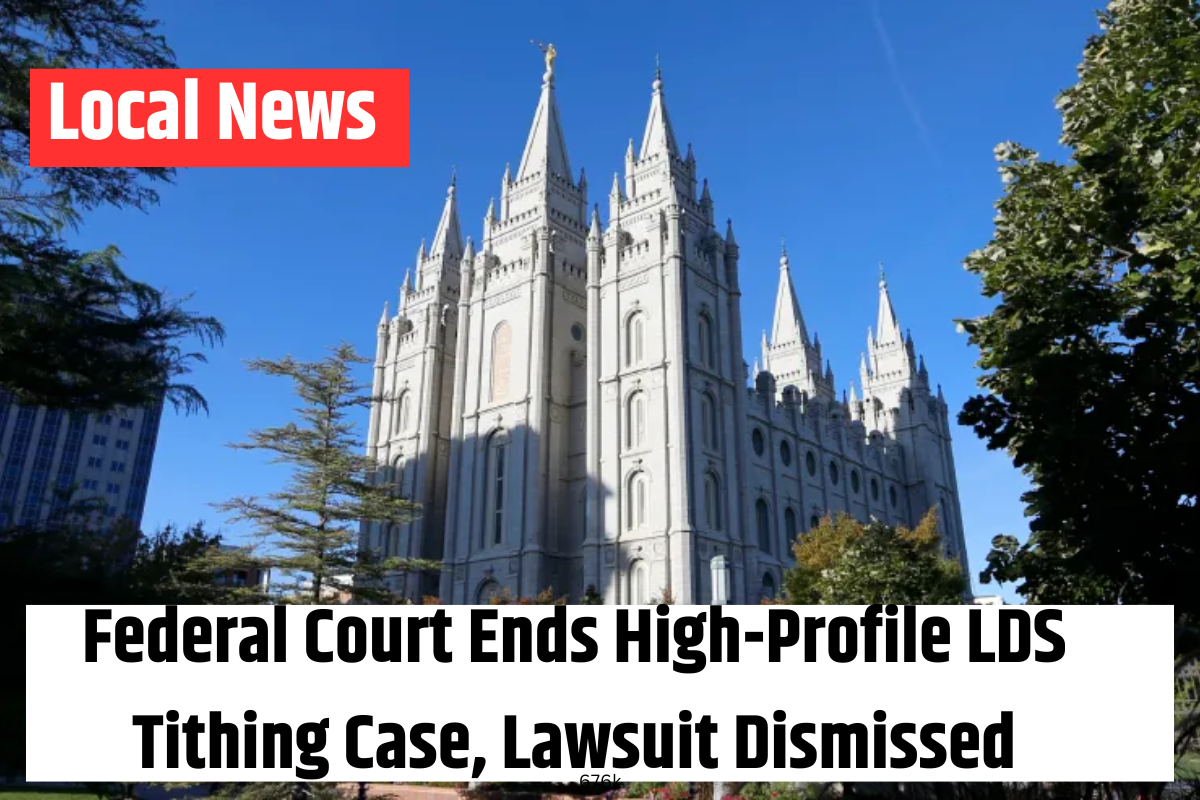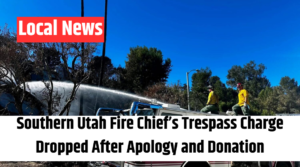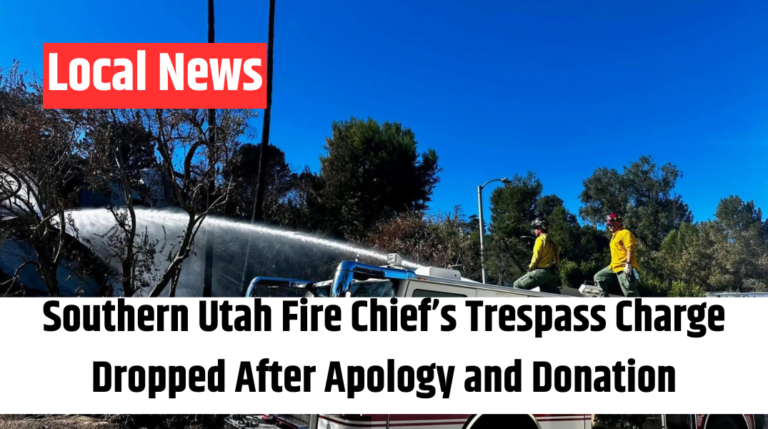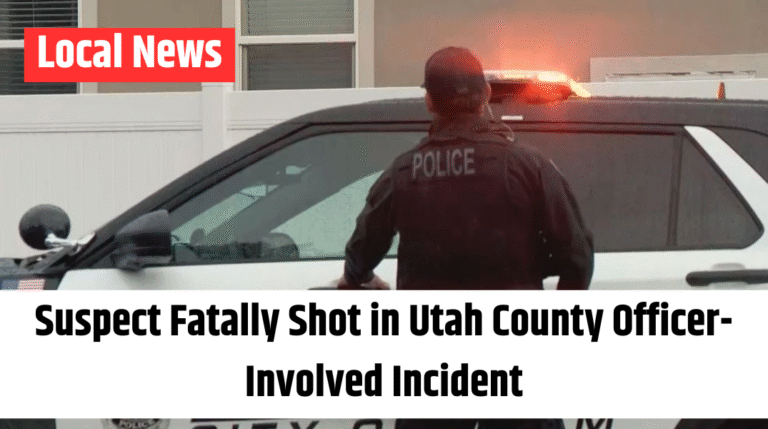
A federal appeals court has dismissed a lawsuit filed by James Huntsman, the brother of former Utah Governor Jon Huntsman Jr., against the Church of Jesus Christ of Latter-day Saints. Huntsman had claimed that the church misused his tithing contributions for non-charitable purposes, specifically accusing it of funding commercial projects like the City Creek Center using tithing funds.
Huntsman’s suit, initially filed in 2021, sought to recover millions of dollars he donated over two decades, arguing that the church had committed fraud by misrepresenting how tithing dollars were spent. Tithing is a practice in which members of the church contribute one-tenth of their income to the organization.
In response to the ruling, the church issued a statement affirming that tithing funds are sacred and are used exclusively for advancing the church’s global religious mission. The church further emphasized that the funds for the City Creek development came from invested reserve funds, not from member donations.
The Ninth Circuit Court of Appeals unanimously rejected Huntsman’s claims, siding with the church’s position that it had not misrepresented how the City Creek Center was financed. The court noted that tithing funds, which are part of the church’s overall reserve funds, had been invested and the resulting earnings were used for the project. Huntsman’s case also failed to present any concrete evidence of fraud.
Huntsman’s legal argument centered on the assertion that the church had violated California’s fraud laws by stating that tithing funds would not be used for commercial purposes, yet allegedly using those funds for such projects. In addition to the City Creek claims, he alleged the church misused tithing funds to prop up the Beneficial Life Insurance Company, a church-owned entity.
While the court ruled against Huntsman, it acknowledged his claim about the commingling of tithing funds, citing a whistleblower’s testimony from Ensign Peak Advisors, the church’s investment arm. However, the court ultimately found that the church had not violated any legal obligations regarding the use of tithing funds, particularly since the church’s records showed that reserve fund earnings, not direct tithing contributions, were used for the City Creek project.
The court also emphasized that Huntsman’s lawsuit challenged core religious practices and beliefs, raising significant concerns about religious autonomy and First Amendment rights. By attempting to scrutinize how the church managed its finances and operated its religious practices, the lawsuit was seen as an overreach into the church’s internal matters.
The ruling reaffirms the legal protections for religious organizations, including their ability to manage funds in ways consistent with their teachings and beliefs without interference from civil courts.







